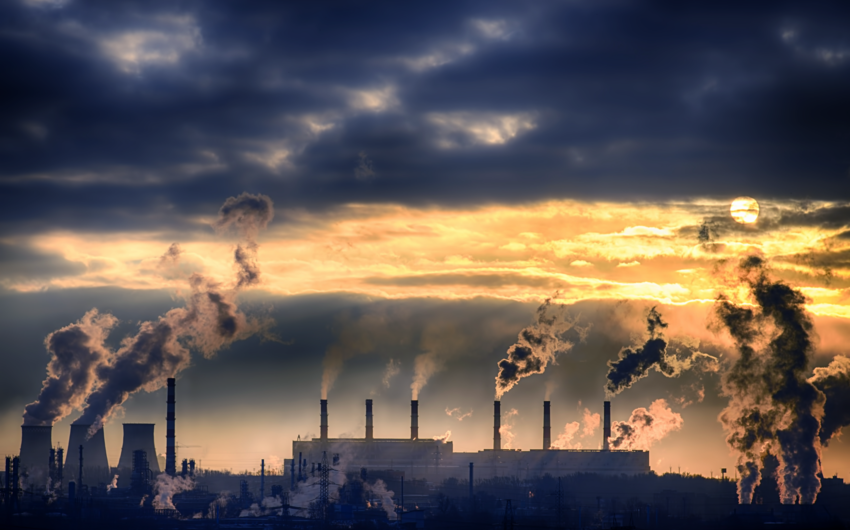A revised World Bank policy on climate change commits to making financing decisions in line with efforts to limit global warming, but stops short of promising to halt funding of fossil fuels, Report informs referring to Reuters.
The World Bank, the biggest provider of climate finance to developing countries, is finalizing a new five-year climate action plan amid growing political momentum in the UK, the US and other countries for ending public financing of high-emission fossil fuel projects.
An internal presentation outlining the World Bank’s new climate plan commits to “align its financing flows with the objectives of the Paris Agreement” by July 2023.
The bank’s sister organizations, the International Finance Corporation and Multilateral Investment Guarantee Agency, will align 85 percent of their direct financing with the Paris Agreement by July 2023 and 100 percent by July 2025.
The bank and its sister organizations exceeded its target in the last three years to increase climate finance to 28 percent by 2020, spending $21.4 billion on climate finance last year.
“The World Bank is moving in a good direction, and it’s a major step along the way,” said Nicholas Stern, a former chief economist at the World Bank, who is familiar with the bank’s plan. He added that while the bank had already begun shifting its focus toward climate issues, the change in US administration had accelerated the process.
Kevin Gallagher, director of the Boston University Global Development Policy Center, said he hopes the bank will help countries transition away from coal. Reuters showed him the document.
“The new climate action plan is a major step for the bank and moves it from thinking about green projects to greening entire economies,” he said.
World Bank board members from Europe in February urged the bank’s management to use the new climate plan to halt all investments in oil- and coal-related projects, and to gradually phase out investment in natural gas projects.
The draft presentation did not include these commitments.
The bank will assess gas projects on a case-by-case basis and will support the transition away from coal, it said.
Environmental campaigners said the presentation was disappointing and failed to specify what aligning with the Paris Agreement meant - raising the risk that the pledge would yield little change in practice, including in the bank’s approach to fossil fuels.
“This is not good enough and needs to be radically overhauled,” said Kate Geary, co-director of public finance watchdog Re-Course, after Reuters showed her the presentation. “There are very few targets for the bank to held accountable to.”
“There was some hope that it would be more ambitious. There is really no clarity on what Paris aligned means. It is possible to be more specific,” said Gaia Larsen, senior associate at the World Resources Institute’s Sustainable Finance Center, after Reuters showed her the document.


 https://static.report.az/photo/80347e37-eeee-34bf-baad-dd18be1daadd.png
https://static.report.az/photo/80347e37-eeee-34bf-baad-dd18be1daadd.png

